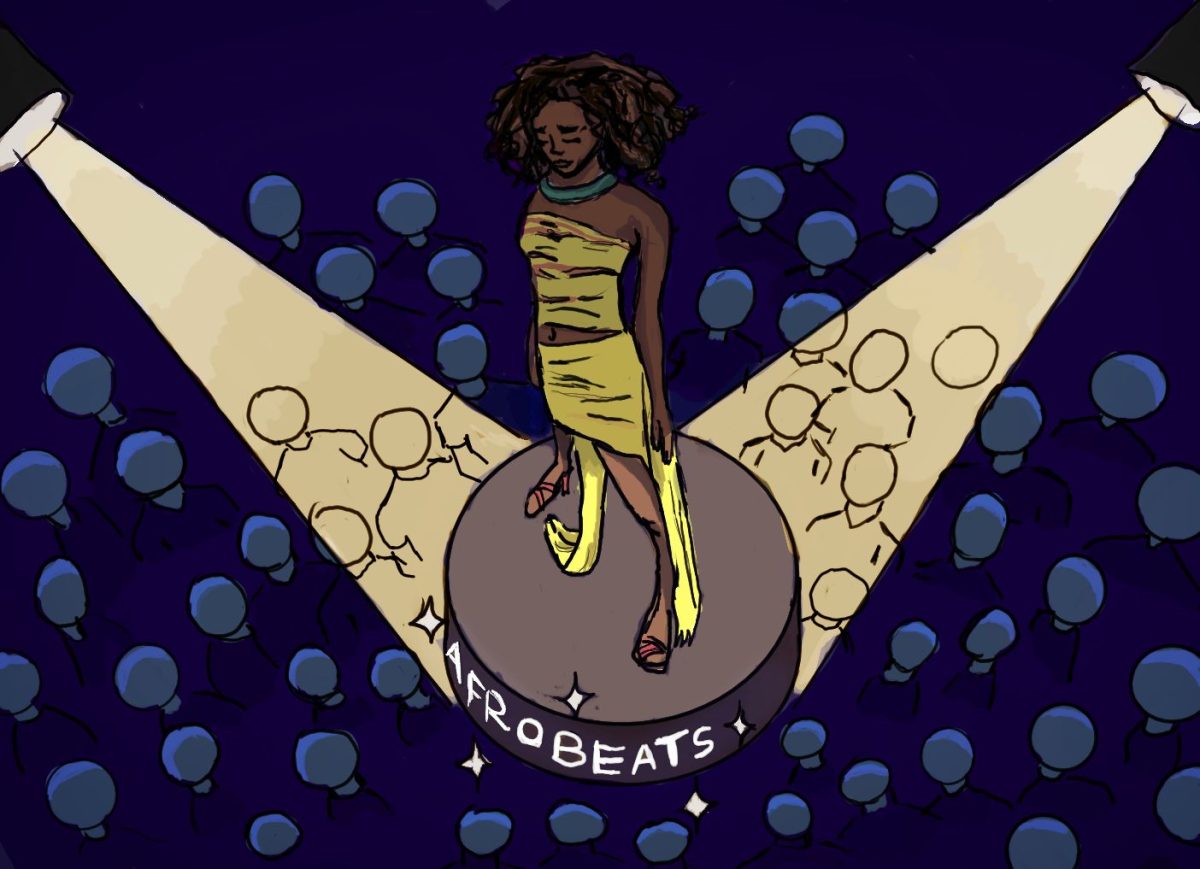South African artist Tyla was awarded “Best Afrobeats” for her viral hit “Water” at the MTV Video Music Awards (VMA) ceremony on Sept. 11. The song, as she pointed out during her acceptance speech, does not belong to the Afrobeats genre, but instead amapiano. This cultural insensitivity reveals how the music industry perceives Black artists as a monolith, overlooking the rich diversity of their music and cultural inspirations.
Tyla integrates her heritage into “popiano”, a unique fusion of American pop and amapiano, the South African subgenre of kwaito and house music. Afrobeats, on the other hand, originates from Nigeria, Ghana, and the UK, coalescing hip hop, R&B, house, jùjù, ndombolo, soca, and dancehall. The two are of distinct roots and sounds yet were grouped together, simply because both were coined by Black artists.
“I know there’s a tendency to group all African artists under Afrobeats,” Tyla said as she accepted the award. “Even though Afrobeats have run things and have opened so many doors for us, African music is so diverse — it’s more than just Afrobeats.”
Afrobeats originated from Nigeria in the 1960s as a form of political resistance, while amapiano conveyed the struggles of South African apartheid in the 1940s. Grouping the genres together blatantly neglects the distinct cultural significance of each, demonstrating a lack of cultural sensitivity.
By awarding Tyla in the “Afrobeats” genre, the VMAs deprived actual Afrobeats artists like Ayra Starr, Burna Boy, Tems, and Pheelz of an opportunity to be recognized within the genre. Such generalizations undermine the individuality of Black artists within their respective genres, fueling the assumption that all Black artists fit under a single category.
Artists nominated under the Grammy Awards’ “Best Urban Contemporary Album” category in 2020 also faced similar stereotyping when numerous Black artists including pop artist Lizzo, R&B artists Beyoncé, and The Weeknd, and hip-hop artist Pharrell Williams were grouped despite little to no musical commonalities.
African American alternative hip-hop artist Tyler, the Creator called out The Recording Academy for restricting Black artists to the term “urban” to avoid including them in other categories, as he told reporters after the 2020 Grammy Awards. The category was later renamed to “Best Progressive R&B Album,” in light of the ongoing Black Lives Matter movement and the accumulation of artist and community complaints.
The music industry hinders Black artists by boxing them into groups based on their ethnicity. Rather than incorrectly generalizing African genres under one, awards programs must officially recognize the diversity of African music — and music of American genres, such as pop or R&B, ought to be awarded under those genres so they are acknowledged as individual works of art regardless of artist ethnicity.





























































